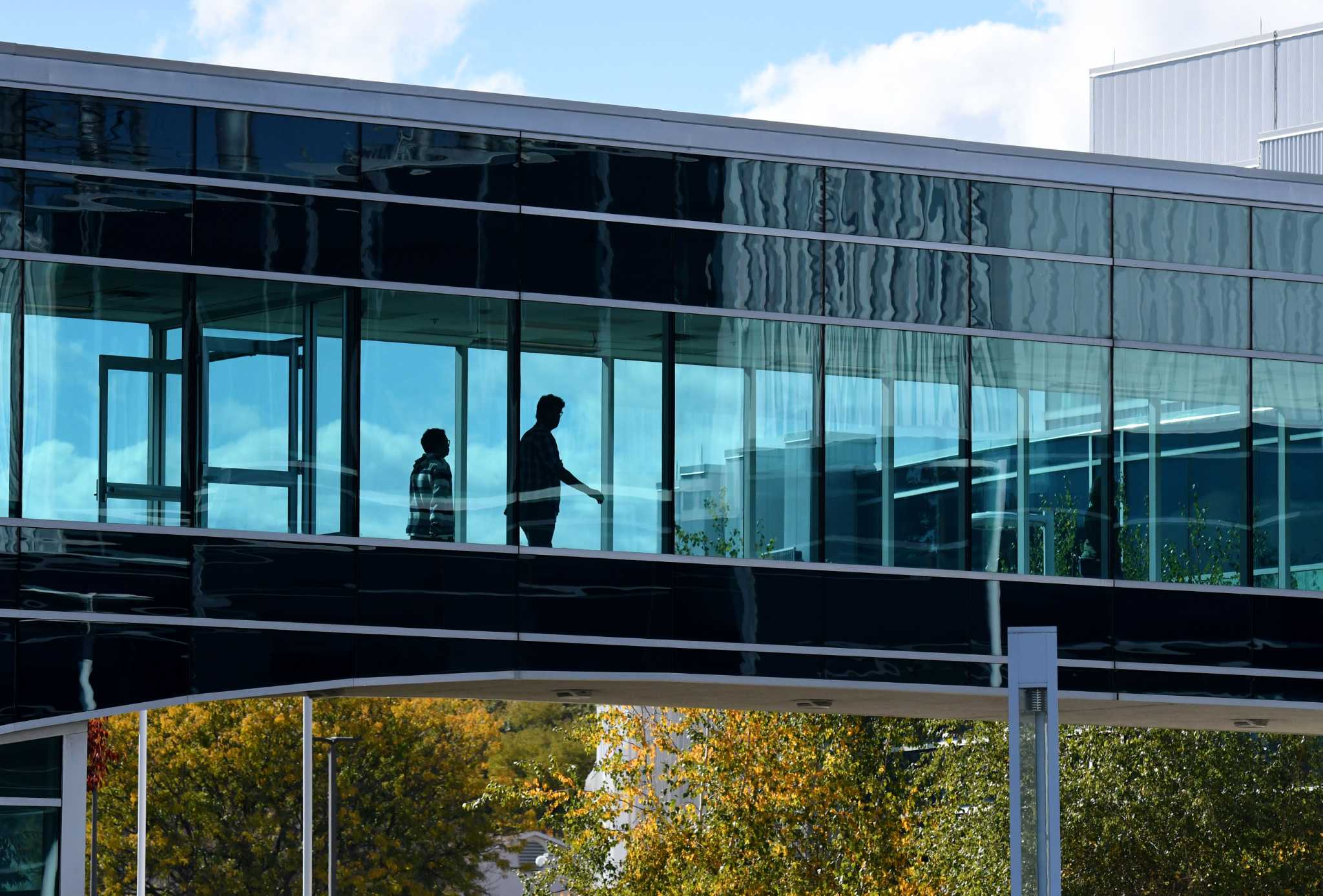IBM, Japanese chip company to partner on 2nm chips in Albany


ALBANY — IBM announced Monday that it has struck a major research and development deal with a new computer chipmaker called Rapidus that would significantly ramp up the sophistication of Japan’s chip industry — and Albany Nanotech will play a significant role in the partnership.
The deal will lead to a major shift in Asia’s chipmaking sector, which today is dominated by China and Taiwan.
IBM and Rapidus, which is a startup enterprise backed financially by the government of Japan and several of Japan’s top companies, will partner on IBM’s breakthrough 2-nanometer chip technology that it developed at Albany Nanotech.
By focusing on 2nm chip development, Rapidus would be looking to grab onto the leading edge of chip manufacturing. Today’s most advanced chips in commercial production are based on 7nm architecture — but 2nm chips represent a major leap in productivity and energy conservation.
IBM said that 100 Rapidus researchers would be sent to work at Albany Nanotech where IBM has a major presence. The IBM and Rapidus teams would work to get 2nm chip technology ready for full-scale manufacturing in Japan by the end of this decade.
The IBM collaboration is being viewed as a potential game changer for Japan’s chip industry, which lags behind the United States, South Korea and Taiwan in terms of technology architecture. The smaller the components on a chip, the faster and more energy efficient the chips can be. Two-nanometer architecture would represent the smallest features ever achieved in a microprocessor.
“This is a long-desired international collaboration, truly essential for Japan to once again play a vital role in the semiconductor supply chain,” Atsuyoshi Koike, CEO of Rapidus said in a statement. “I am fully confident that this collaboration will pave the way for our goal of contribution to the well-being of humanity through advanced logic semiconductors produced with technologies jointly developed with IBM.”
An IBM spokeswoman said that the work between IBM and Rapidus would begin in the NanoFab X building at Albany Nanotech and then move into a new building planned for the campus called NanoFab Reflection that has yet to be built.
The deal between IBM and Rapidus comes as the U.S. is working to reestablish its domestic chip manufacturing supply chain after years of gains by China and Taiwan to grab market share. Taiwan now makes a majority of the world’s most advanced chips. Worries that mainland China will try to annex Taiwan have led the U.S. government to set up a $52 billion chip manufacturing subsidy fund designed to encourage more companies to build new chip factories in the U.S., including in upstate New York.
Back in May, Japan’s minister of economy, trade and industry, Hagiuda Koichi, visited Albany Nanotech as part of a larger trade program between the U.S. and Japan called the Japan-U.S. Commercial and Industrial Partnership.
“IBM is honored to be partnering with Rapidus on developing the next generation of semiconductor technologies and helping to position Japan as a leader in one of the world’s most strategic technology areas,” said Darío Gil, the head of research at IBM, which sold off its chip factories in 2015 but still designs and develops next-generation chip technology. “This collaboration is critical to ensure a geographically balanced global supply chain of advanced semiconductors, built through a vibrant ecosystem of like-minded companies and nations.”



